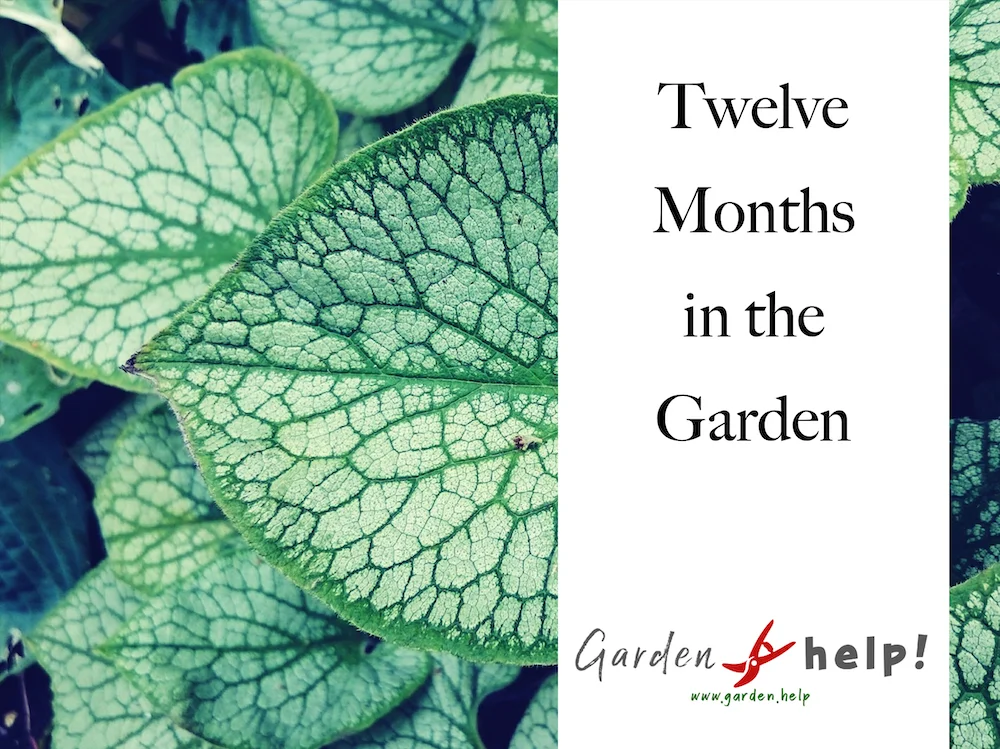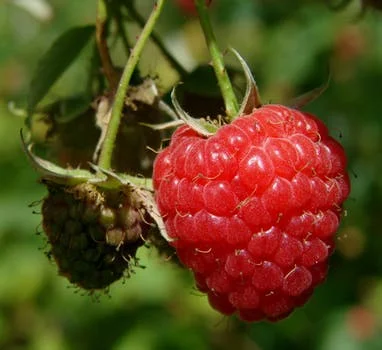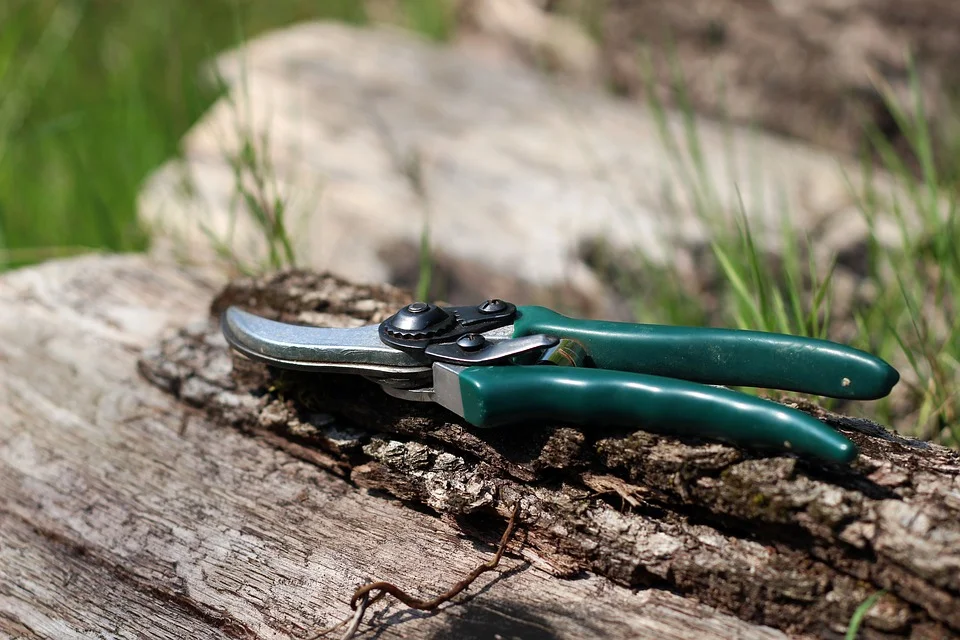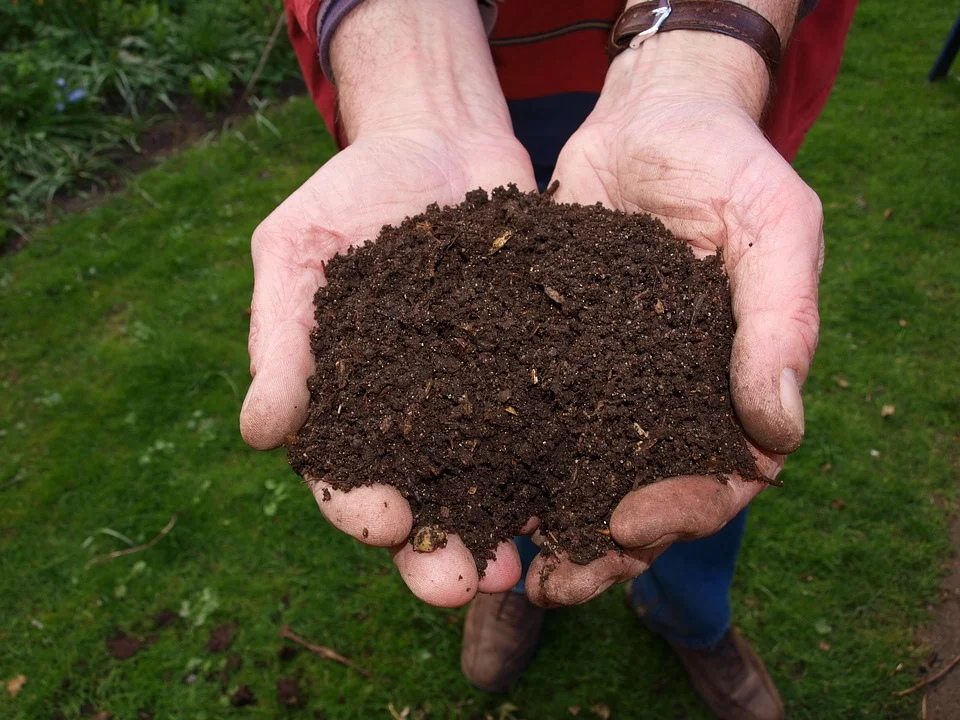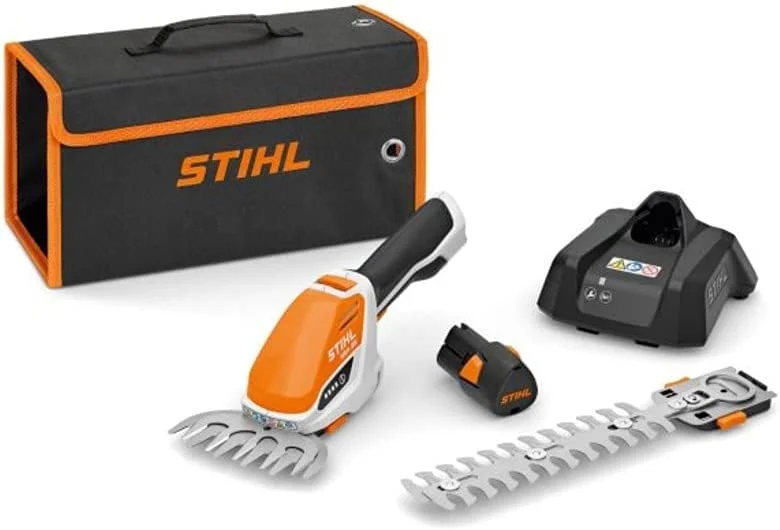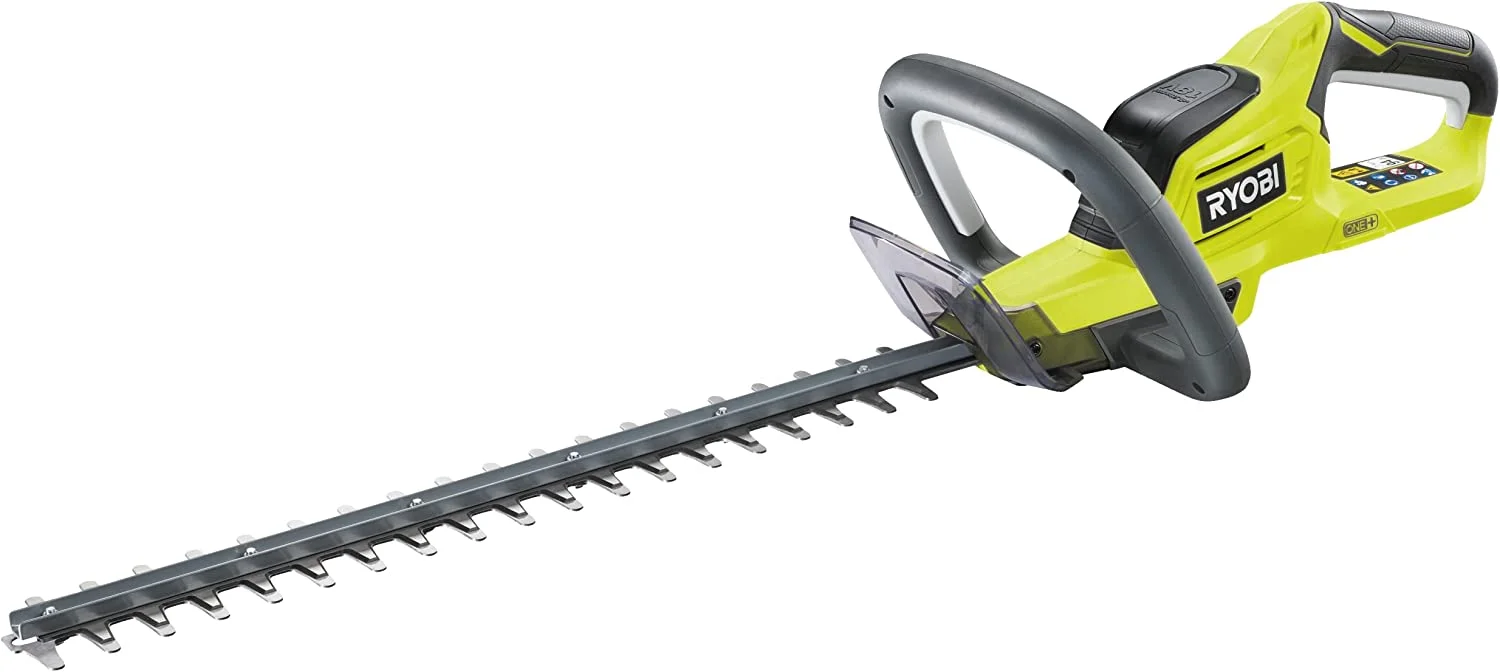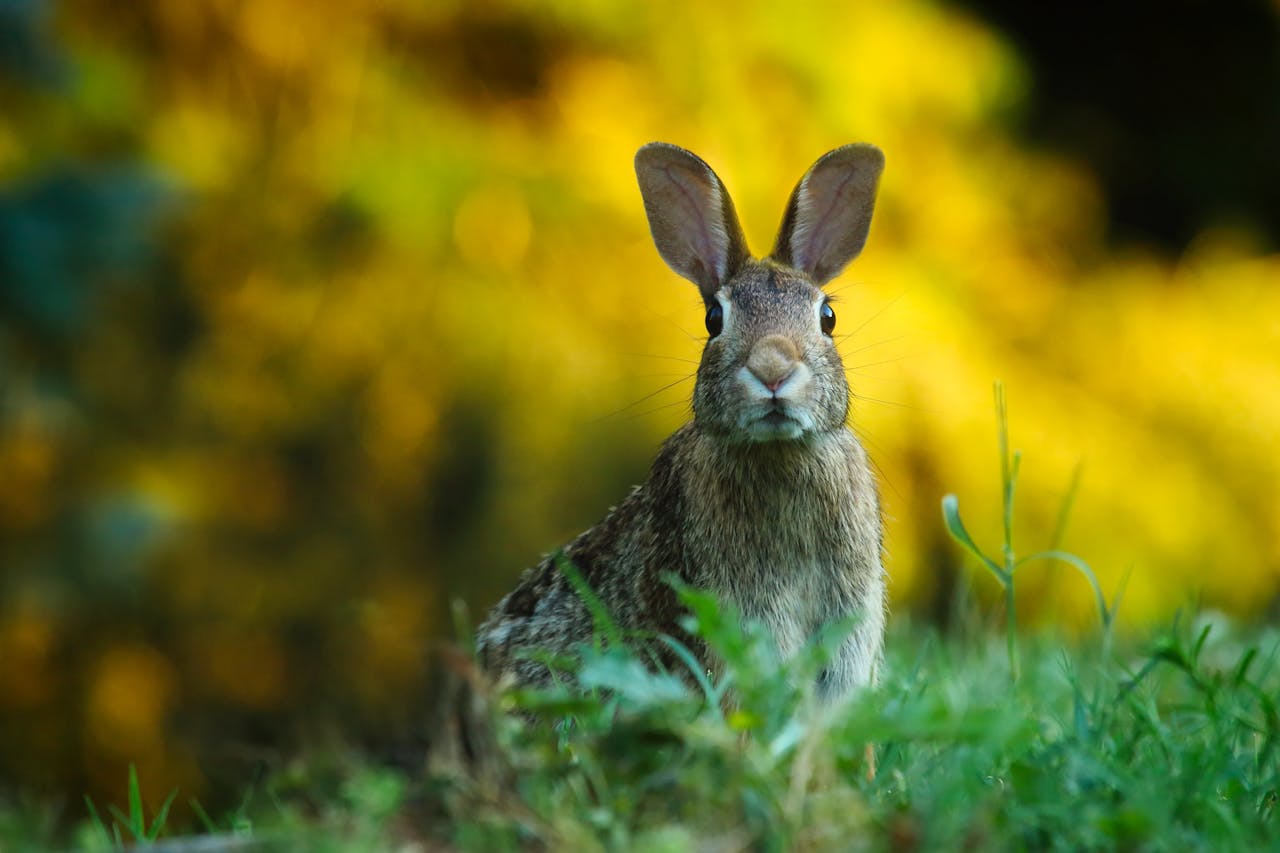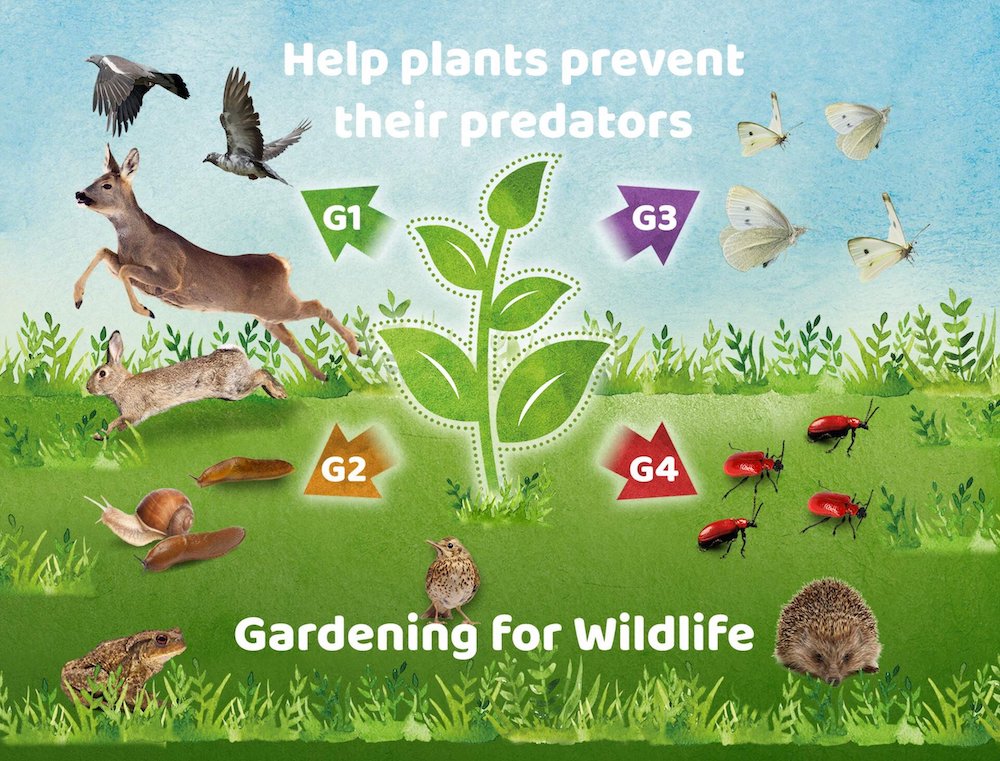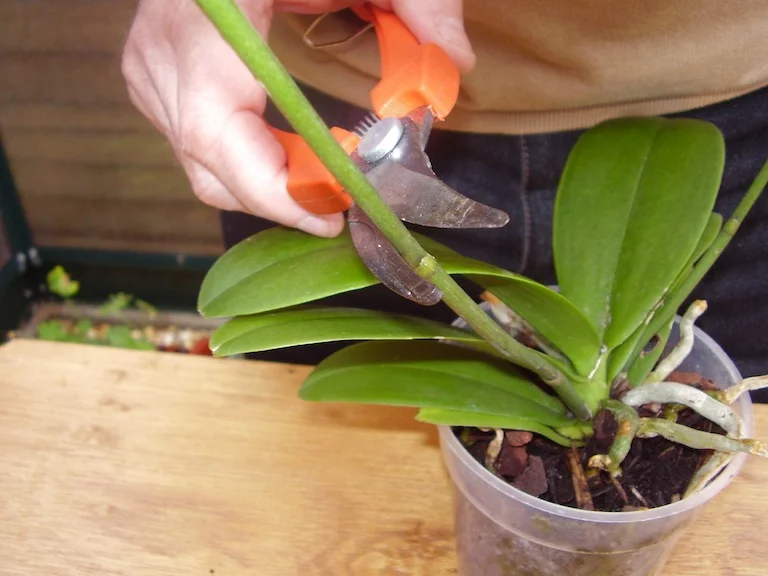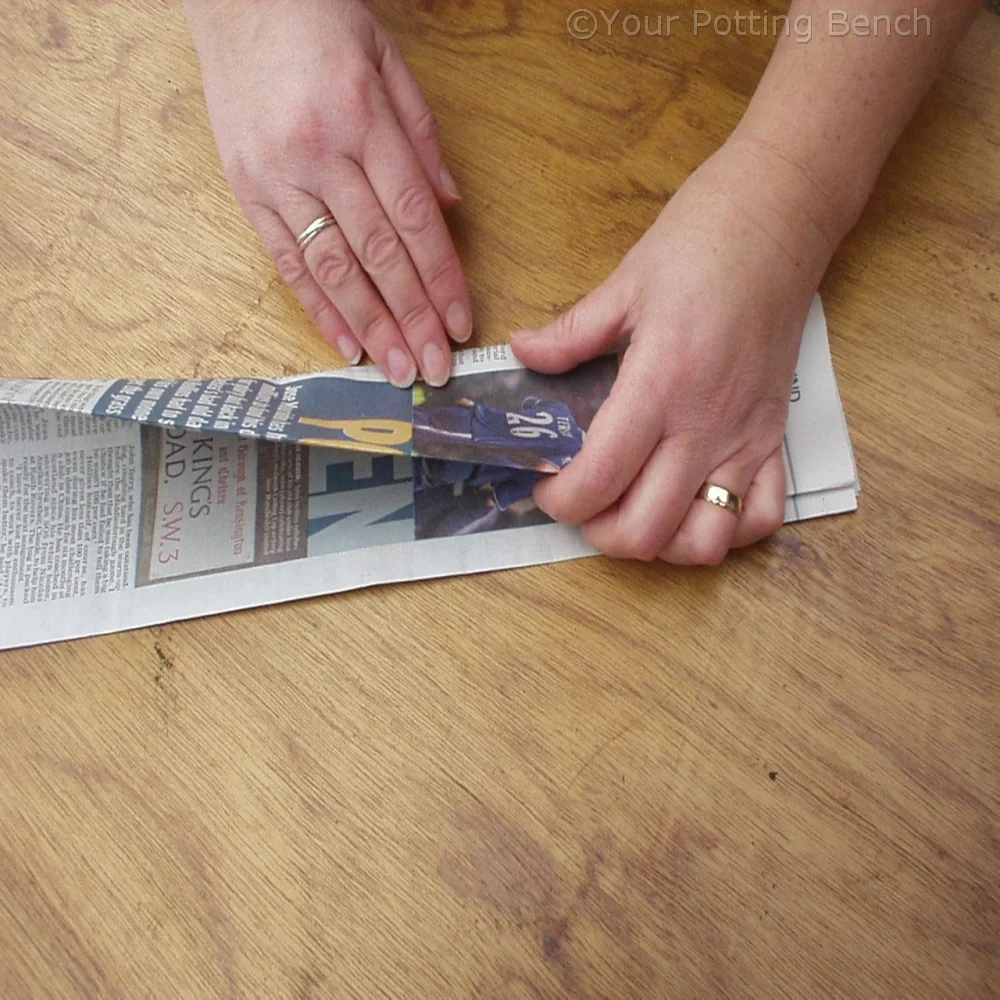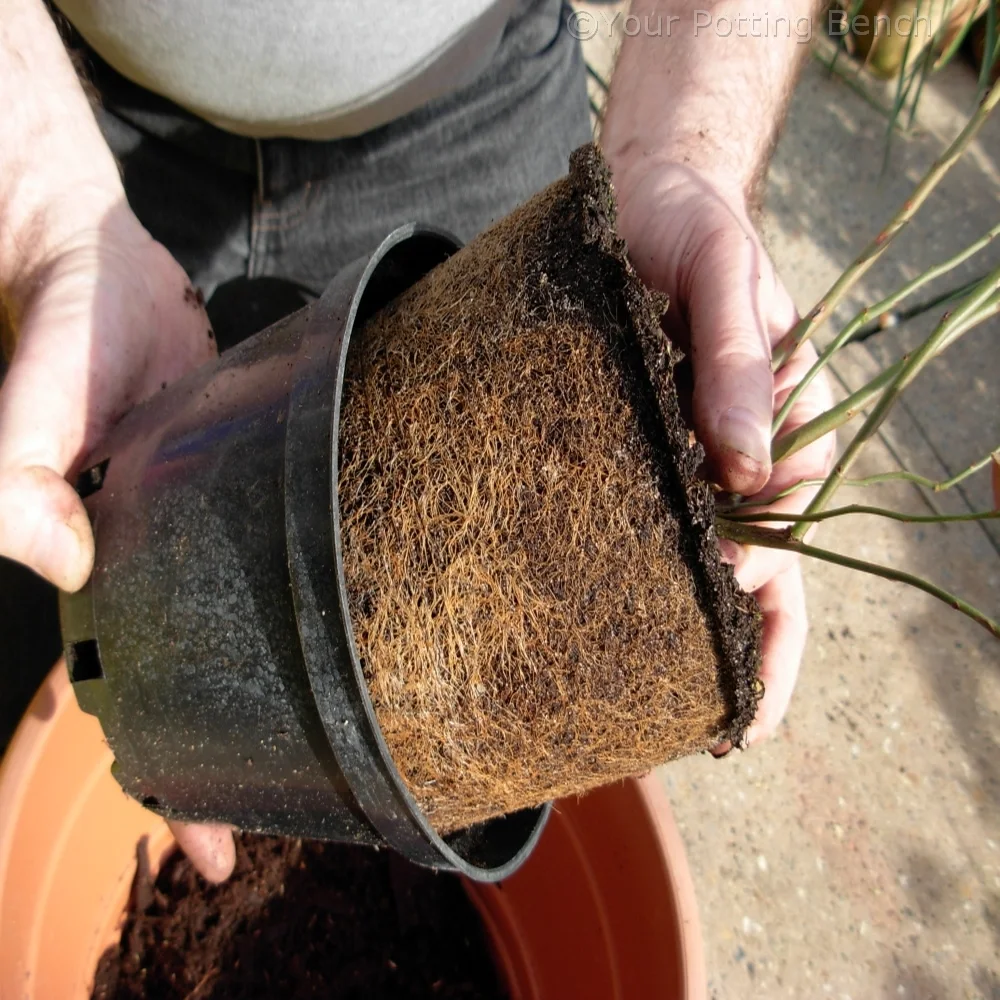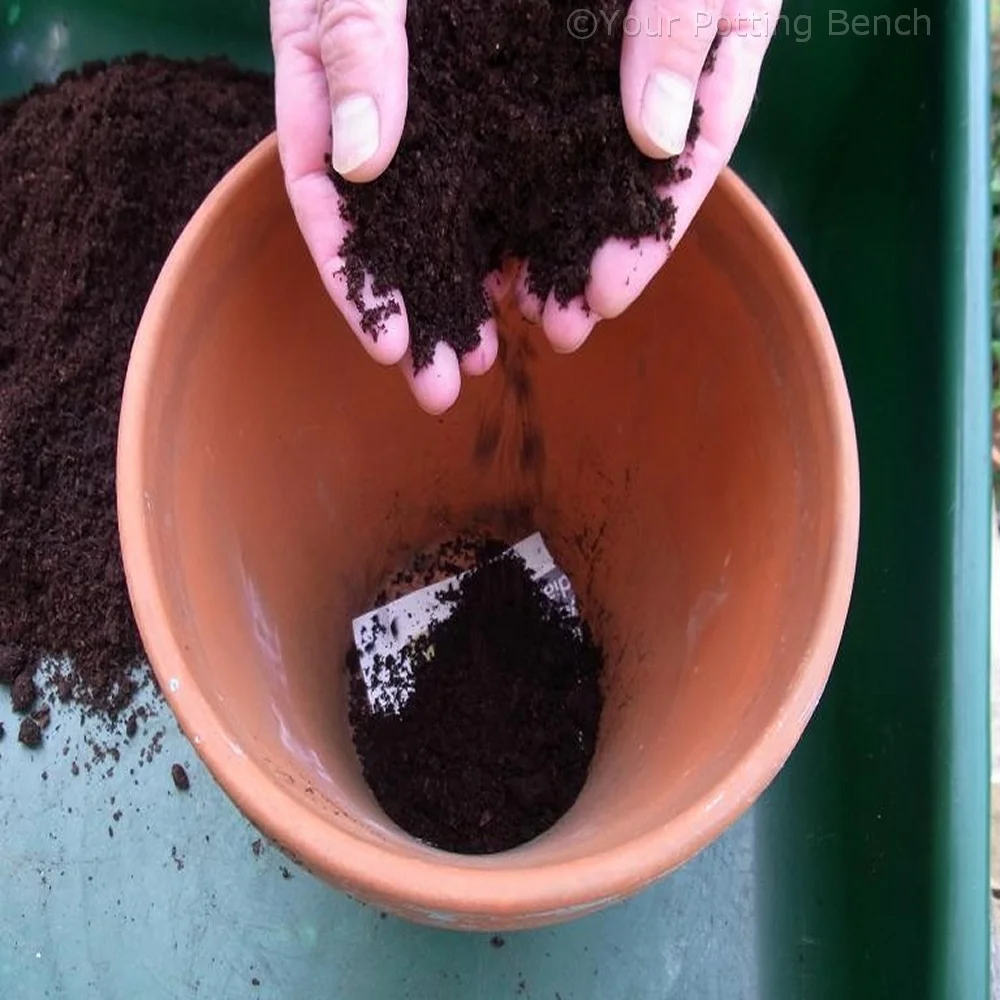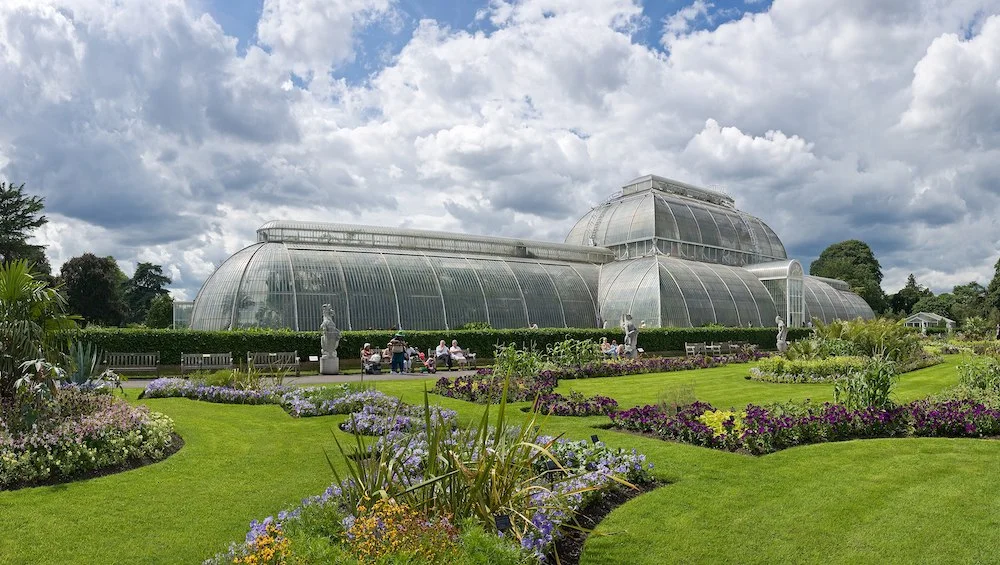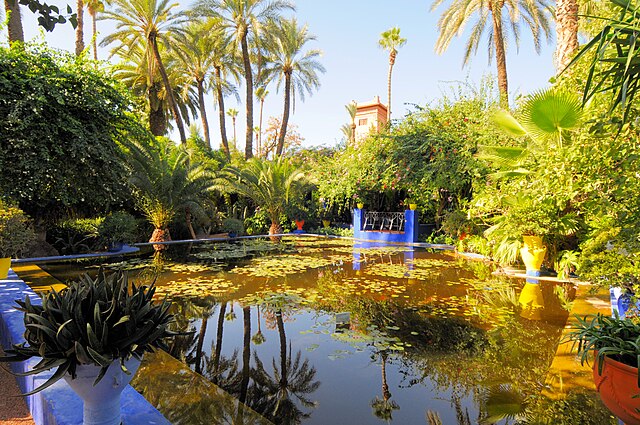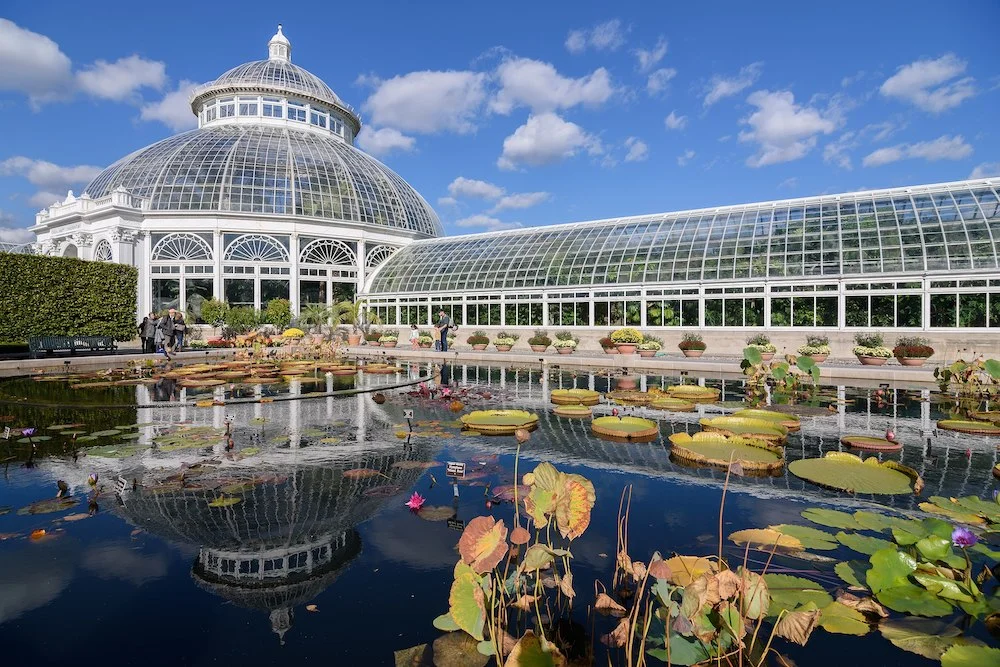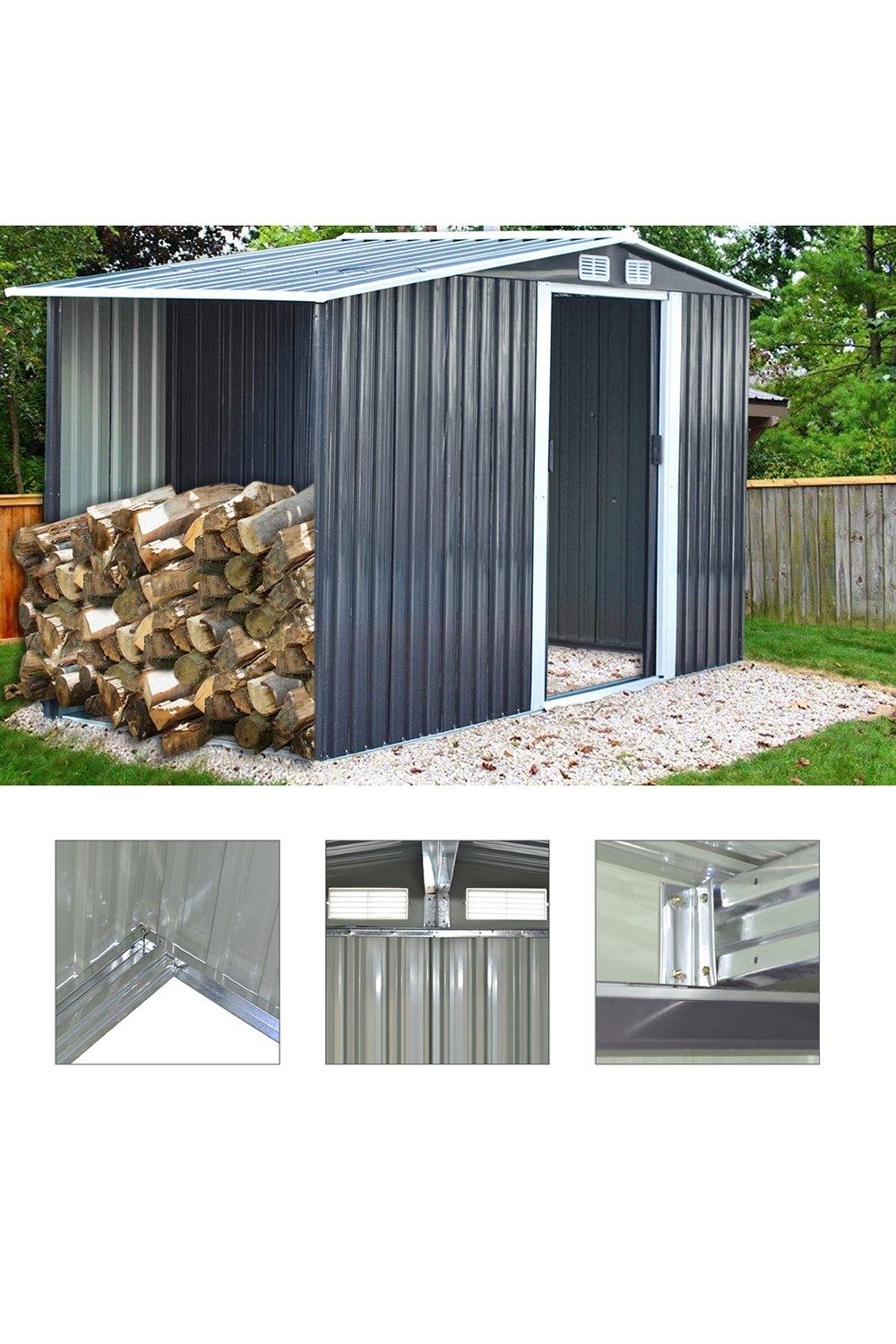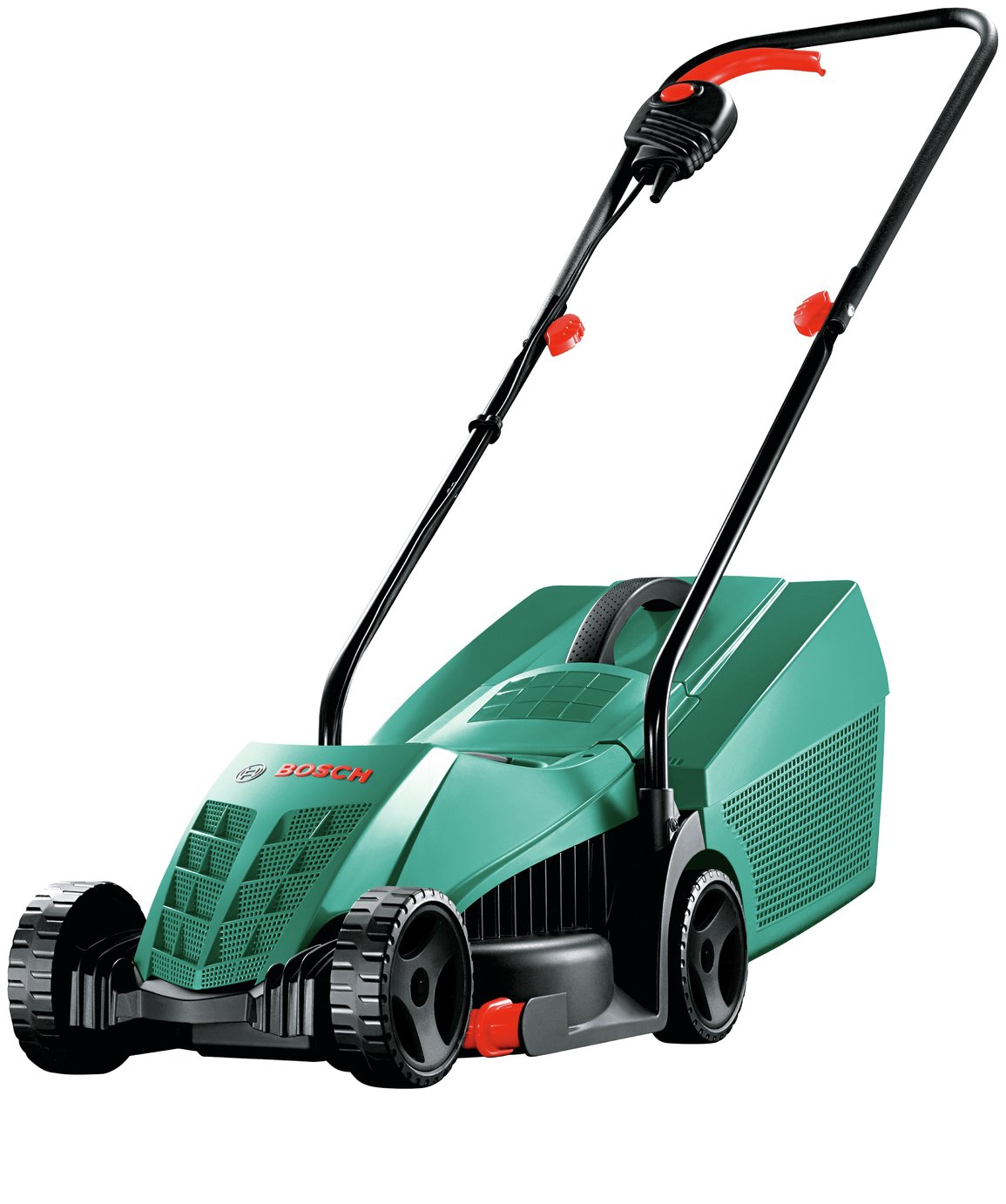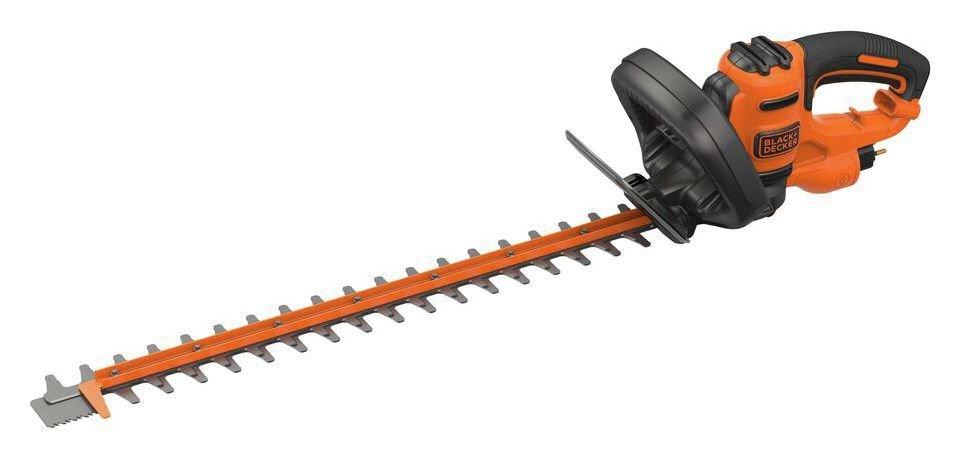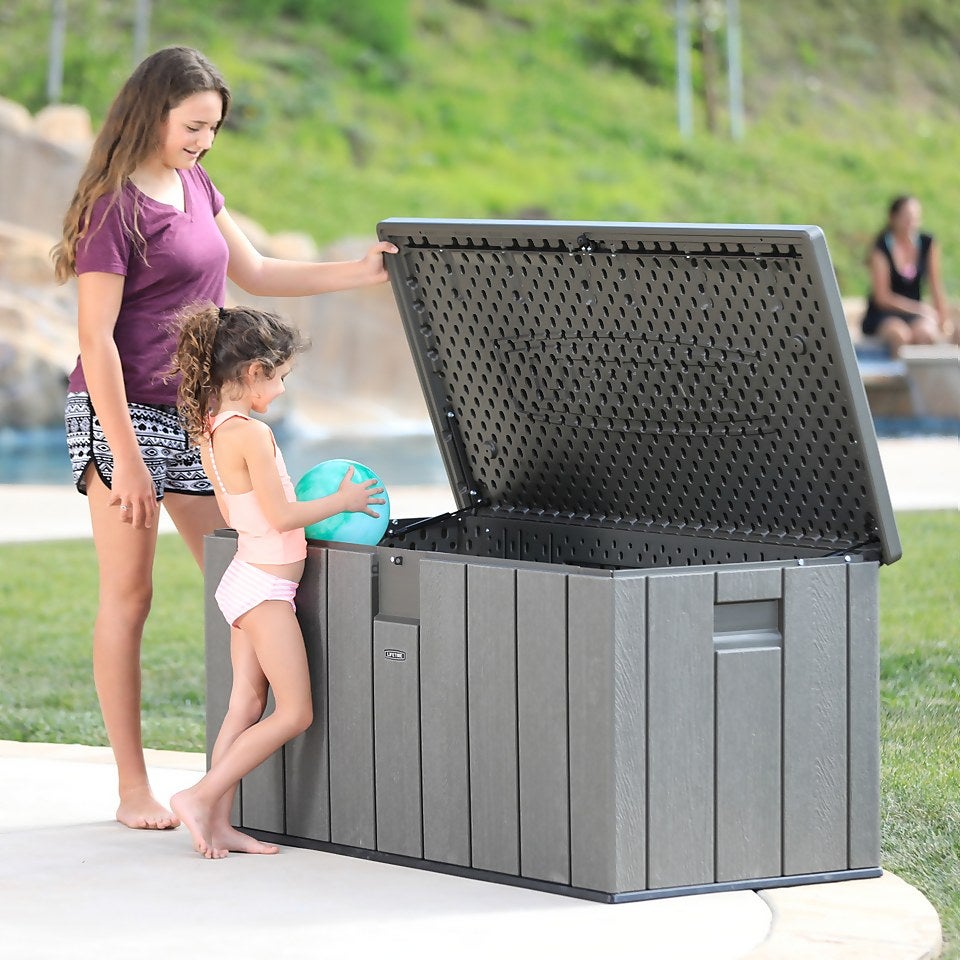At Grazers, we’re great supporters of organic gardening but we like to expand our worldview as ‘gardening for wildlife’. Our products harm nothing - the creatures that nibble plants, the animals that form part of our garden ecosystem, our pets and people.
The public is more aware than ever that harmful chemicals benefit no one and the environment least of all. Our gardens are vital pockets of wildlife in our increasingly degraded countryside. You will only find garden birds, amphibians and small mammals in a healthy, interconnected ecosystem. Gardens treated with pesticides and herbicides leave no food source for them. Working to maintain a natural balance in gardens is so important to Grazers.
The team works alongside SongBird Survival, a charity that funds research into the decline in Britain’s songbirds. To attract birds, mimic a natural UK woodland - one or two small trees, such as crab apples or holly, and various shrubs, preferably with berries or fruit. Hedges are important, especially native species like hawthorn and beech. Some birds, such as blackbirds and robins, like to feed and nest at or near ground level, so need that protection.
Add to this perennials and annuals that attract pollinators over a long flowering period - a vital food source. It’s important to leave the dead stems of perennials in place over winter. Not only do they protect plants but they also provide hibernation spots for overwintering critters that make up the diet of some creatures.
Once you have these plants in place, they will attract a wide range of wildlife and diversification will increase. Add a permanent water source, such as a pond - with a sloping side so creatures can get out - or bird bath. Garden birds drink a couple of times a day and need to bathe regularly.
Another organisation Grazers back is Buglife, which is devoted to the conservation of all invertebrates, from bees to beetles, worms to woodlice and jumping spiders to jellyfish.
Restoring balanced, varied ecosystems to our gardens, is increasingly important in our wildlife-depleted isles. What’s the point of having perfect plants after using harmful chemicals if there are no birds, amphibians or mammals to populate our gardens?

How Grazers products can help
Grazers products aim to discourage herbivores from damaging your crops, helping plants to help themselves. The creatures move on to feed elsewhere, unharmed - that means they remain part of the food chain, essential for a healthy garden ecosystem.
Calcium and natural plant extracts are the key ingredients in the Grazers’ formulations, making plants less appealing as a food source. These work together with photosynthesising leaves and stems, producing a ‘plant-mediated effect’. This gives the plant a greater ability to withstand attack from creatures that want to eat them. Remember, so-called ‘pests’ are wildlife too!
These plant herbivores will search out other food sources, leaving our garden plants to thrive. As an extra benefit, calcium helps plants to grow even better. In turn, the birds, hedgehogs and amphibians that eat the herbivores are kept happy, keeping natural wildlife food chains in place.
Here’s more about the Grazers products:
G1: This original Grazers product offers effective foliar fortification against rabbits, pigeons, deer and geese. G2: Works against grazing by slugs and snails. G3: Formulated to give brassica plants effective foliar fortification against Cabbage White Butterflies laying their eggs. G4: For use against Red Lily Beetle grazing, or laying their eggs, on lilies and Fritillaries. Used by professional and award-winning lily growers.
The key to using all of Grazers products is being proactive. Spray early and get ahead of the deer, rabbits, pigeons, cabbage white butterflies and caterpillars, red lily beetles and slugs and snails.
For more information, visit www.grazers.co.uk.
This story was published on: 22/02/2024
Image attribution: Pexels.com (Free)
Links to external, or third party websites, are provided solely for visitors' convenience. Links taken to other sites are done so at your own risk and Garden Help accepts no liability for any linked sites or their content. When you access an external website, keep in mind that Garden Help has no control over its content. Any link from us to an external website does not imply or mean that Garden Help endorses or accepts any responsibility for the content or the use of such website. Garden Help does not give any representation regarding the quality, safety, suitability, or reliability of any external websites or any of the content or materials contained in them. It is important for users to take necessary precautions, especially to ensure appropriate safety from viruses, worms, Trojan horses and other potentially destructive items. When visiting external websites, users should review those websites' privacy policies and other terms of use to learn more about, what, why and how they collect and use any personally identifiable information. Hyperlinks and hypertext links are provided on our website to promote easy access to the variety of information and services provided. We accept no liability arising out of the use of such links, including: misuse or misunderstanding of these hyperlinks and hypertext links and web site navigational methods third party interpretation of data or information which is distributed around the web site and reached using hypertext and hyperlinks third party understanding of or use of the navigational structure of the site or the interpretation of distributed information on the site We may revise
this disclaimer at any time, without prior notice, by updating this web page.
We work hard to make sure that every image is used properly and according to the creator's wishes. If you feel that there is a attribution or copyright issue, please
Click Here
IMMEDIATELY
